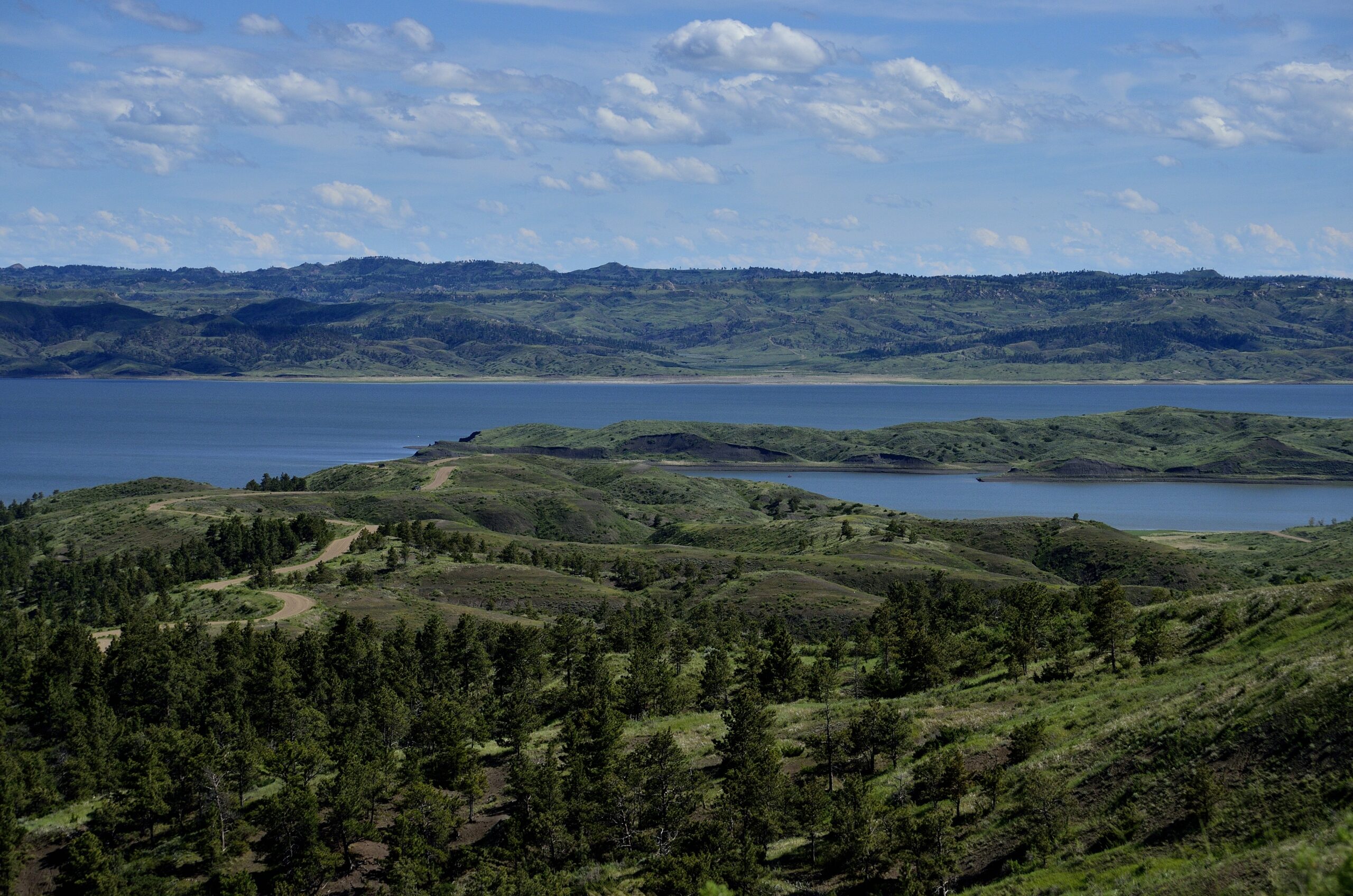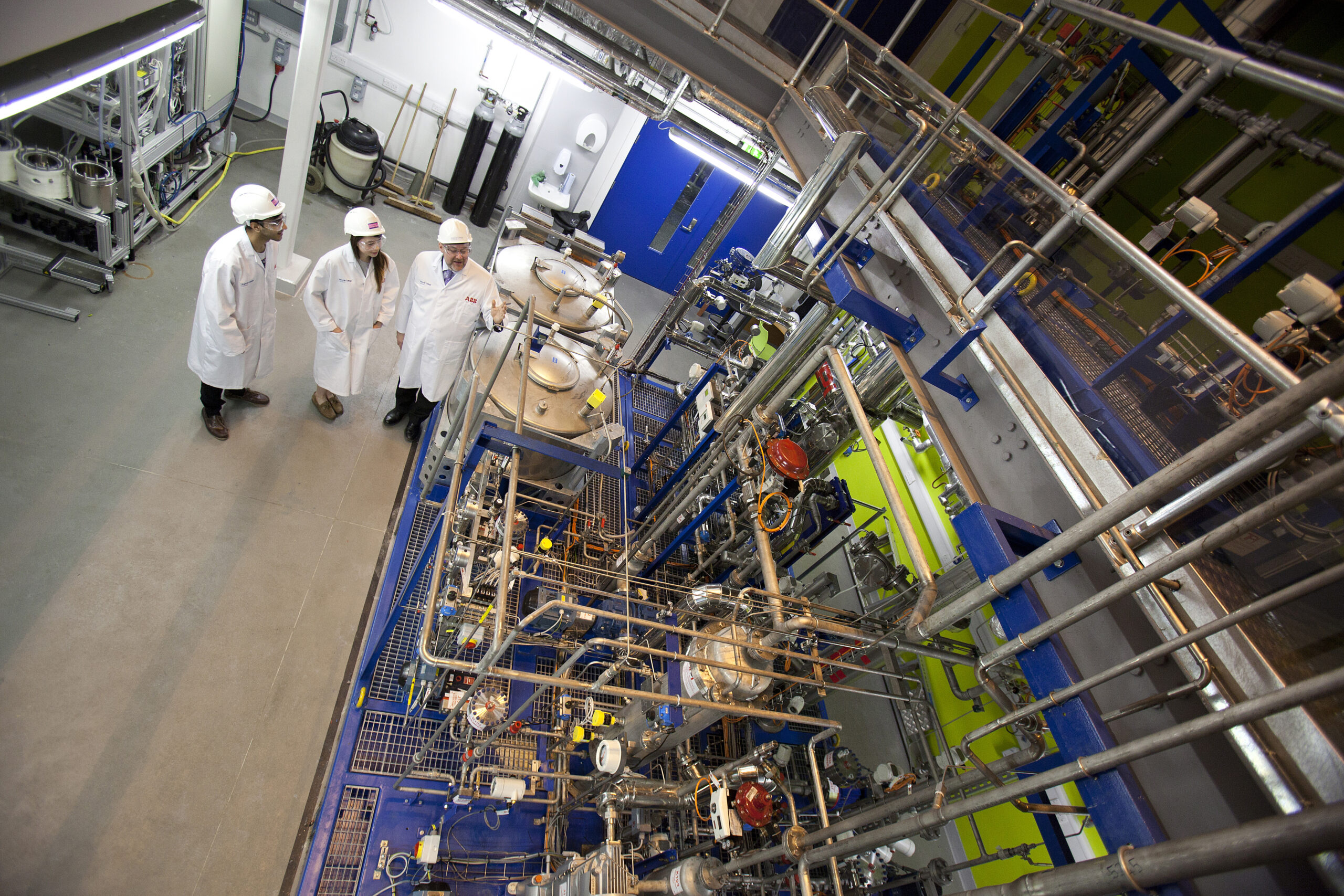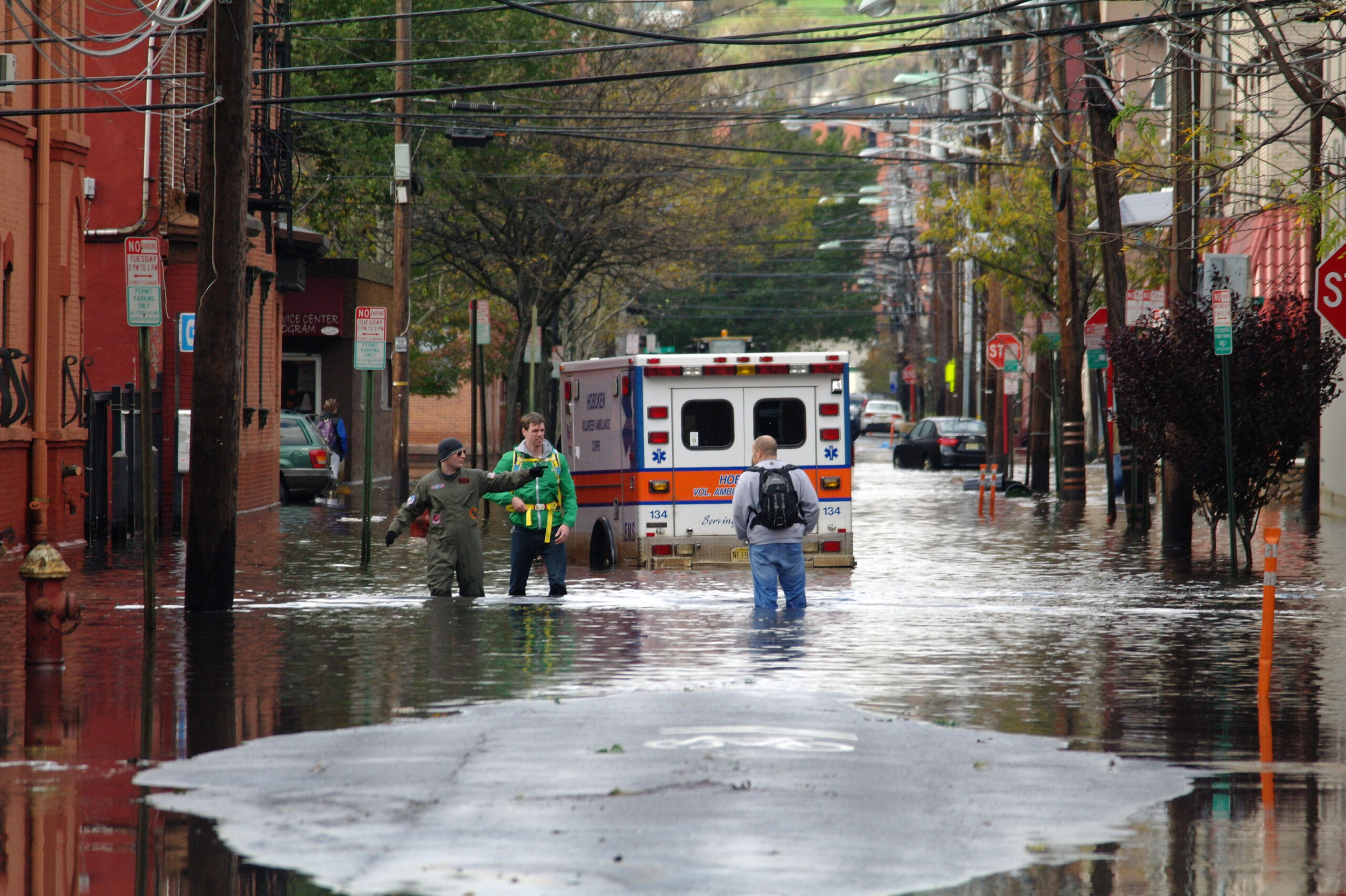
In today’s world, environmental challenges and broader social challenges are inseparable. Affordable housing, reliable healthcare, safe workplaces, and economic opportunity: these and other basics are becoming harder and harder to achieve as extreme weather becomes more frequent and the stability of our climate and environment grows increasingly fragile.
The good news is that this interconnectivity creates tremendous opportunities for win-win solutions. Our Climate and Environment team is dedicated to identifying and advancing evidence-based, forward-looking strategies that will improve everyday outcomes for Americans in the near term while also setting us on a path towards a more secure, sustainable, and prosperous future.
Our work has four programmatic focuses:
- Regulatory Ingenuity. Developing creative, clever approaches for improving environmental regulation and coupling regulatory and non-regulatory tools.
- Lands and Waters. Ensuring that all Americans benefit from healthy ecosystems by fostering evidence-based stewardship of natural resources.
- Climate and Health. Bolstering individual and community health and building more resilient health systems against the backdrop of a changing climate.
- Tech and Innovation. Building support for cutting-edge research in overlooked areas, while harnessing market and economic forces to scale high-impact environmental and climate solutions.
Environmental policy,
Land management,
Regulatory policy
Emerging Technologies
Clean Energy Governance
Resilient Communities,
Extreme Weather,
Inclusive Innovation & Technology
Regional Development,
Innovative Procurement,
Clean Energy Deployment,
Climate Adaptation
Grid Resilience and Modernization,
Environmental and Energy Justice
energy permitting,
clean energy
climate change adaptation,
extreme weather

As the manager of nearly a third of all U.S. land, the federal government has substantial influence in the future of our ecosystems and the benefits they provide.

Rapid progress is being made on many of the game-changing technologies needed to achieve climate and environmental goals, both in the United States and around the world.

We cannot make America healthy without addressing intersections between health outcomes and climate and environmental issues. State and local officials, healthcare providers, and community leaders recognize the urgent need for strategies that will collectively protect American health and well-being.

Mismatches between the tools we need and the tools we have are particularly apparent in the environmental space. There is a need for creativity and cleverness in how we approach environmental and other types of regulation.
FAS is launching the Center for Regulatory Ingenuity (CRI) to build a new, transpartisan vision of government that works – that has the capacity to achieve ambitious goals while adeptly responding to people’s basic needs.
This runs counter to public opinion: 4 in 5 of all Americans, across party lines, want to see the government take stronger climate action.
Cities need to rapidly become compact, efficient, electrified, and nature‑rich urban ecosystems where we take better care of each other and avoid locking in more sprawl and fossil‑fuel dependence.
Hurricanes cause around 24 deaths per storm – but the longer-term consequences kill thousands more. With extreme weather events becoming ever-more common, there is a national and moral imperative to rethink not just who responds to disasters, but for how long and to what end.